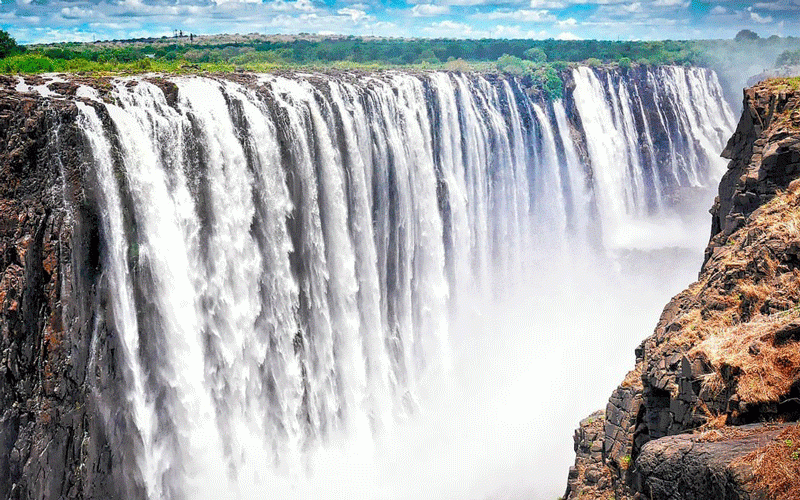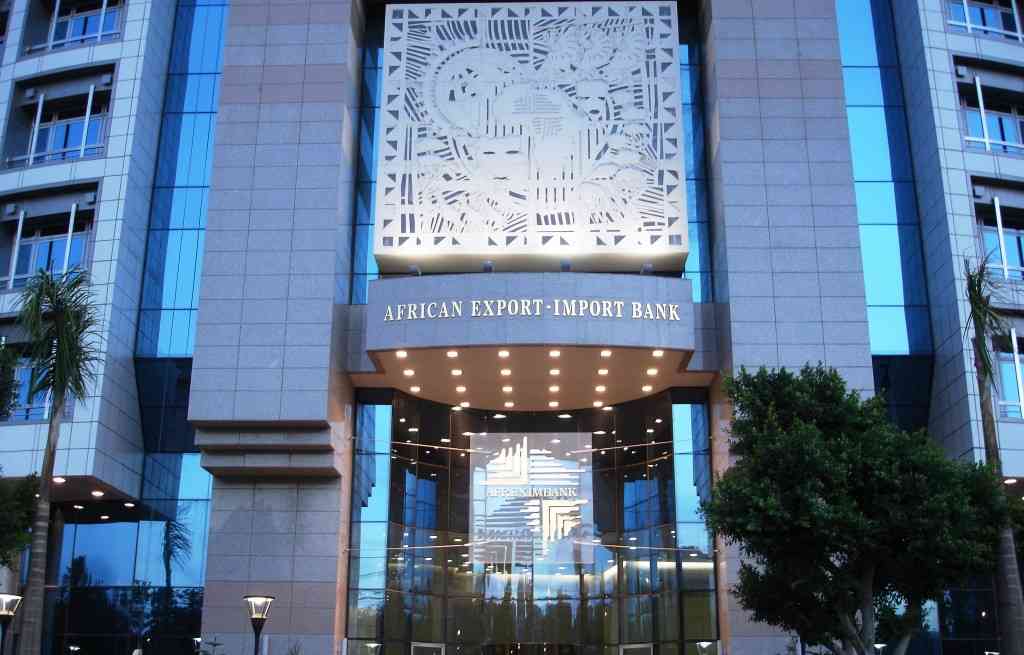
ZIMBABWE’S premier tourist destination, the Victoria Falls, is facing renewed scrutiny from environmentalists over unchecked commercial development in its rainforest.
The outcry — led by globally renowned wildlife painter and conservationist Larry Benjamin Norton — comes as Zimbabwe hosts the 15th Meeting of the Conference of the Parties to the Ramsar Convention (COP15), a major global summit on wetlands conservation.
President Emmerson Mnangagwa presided over the event’s opening yesterday, which brought together 172 governments and 2 500 delegates, including Convention on Wetlands secretary-general Musonda Mumba, to discuss sustainable wetland use and restoration.
In a letter shared with the Zimbabwe Independent, Norton warned COP15 attendees that unregulated business activities are endangering the Falls’ fragile ecosystem.
He singled out the construction of the Baines restaurant — located in what he calls the “Highly Ecologically Sensitive (HES) Red Zone” — as a critical threat to the site’s natural beauty.
Norton had previously challenged the restaurant’s establishment in a 2022 High Court case, which remains unresolved. Now, the restaurant’s owners are suing him for US$2,2 million, alleging business losses due to his opposition.
Norton wrote in his letter gleaned by the Independent: “Whilst hundreds of delegates hold discussions and wine and dine at the Elephant Hills Resort, overlooking the Victoria Falls World Heritage Site, this iconic wetland area faces substantial challenges from commercial development.
“Case HC 3797/22 against the construction of Baines restaurant in the Highly Ecologically Sensitive Red zone of the Victoria Falls and the commercialisation of Cataract Island, in full sight of the viewing point of the Main Falls, remains unresolved. Filed over three years ago, this was an urgent application to stop restaurant construction. It should have been heard in three days.”
- Tarakinyu, Mhandu triumph at Victoria Falls marathon
- Andrea The Vocalist, dreams big
- All set for the 2022 Econet Victoria Falls Marathon
- Econet Victoria Falls Marathon return a boon for tourism
Keep Reading
Amid the pomp and fanfare characterising COP15, the wildlife painter cast doubt on whether authorities attending the event would take decisive action to address the threats confronting Victoria Falls, which was accorded World Heritage Status by Unesco in 1989.
The status was accorded based on Victoria Falls’ outstanding geological and ecological value, as well as its exceptional natural beauty.
He added that his legal battle was anchored by the need to preserve the Victoria Falls for posterity.
“Like an environmental cavalry, COP15 will roll prominently into town, amidst speeches and ceremonies ... and it will quickly roll out again. It remains to be seen if this auspicious gathering will have the courage to address the real issues here. Despite the recognition and certificates that may be a part of the occasion, the issues and challenges will remain long after the dignitaries are gone,” excerpts from Norton’s letter further read.
“The ardent battle here has been to try to protect and preserve the Victoria Falls World Heritage Site for future generations. That is why it has been necessary to speak out and to pursue legal avenues to ensure that the law and due process are followed.”
The environmentalist drew reference to the Victoria Falls master plan, which underscored the importance of preserving the destination’s World Heritage status.
“Feedback from master plan consultations in Victoria Falls has delivered a clear message. The people in Victoria Falls want the World Heritage Site, the buffer area, and the red zone protected from assault by the ruthless commercialisation, which is seen as destroying the very thing that brings people here.
“Acknowledgement of this is the masterplan mission statement, read out in a public meeting, which states: — Protect our World Heritage Site. It is the key to our future,” excerpts from the master plan read.











